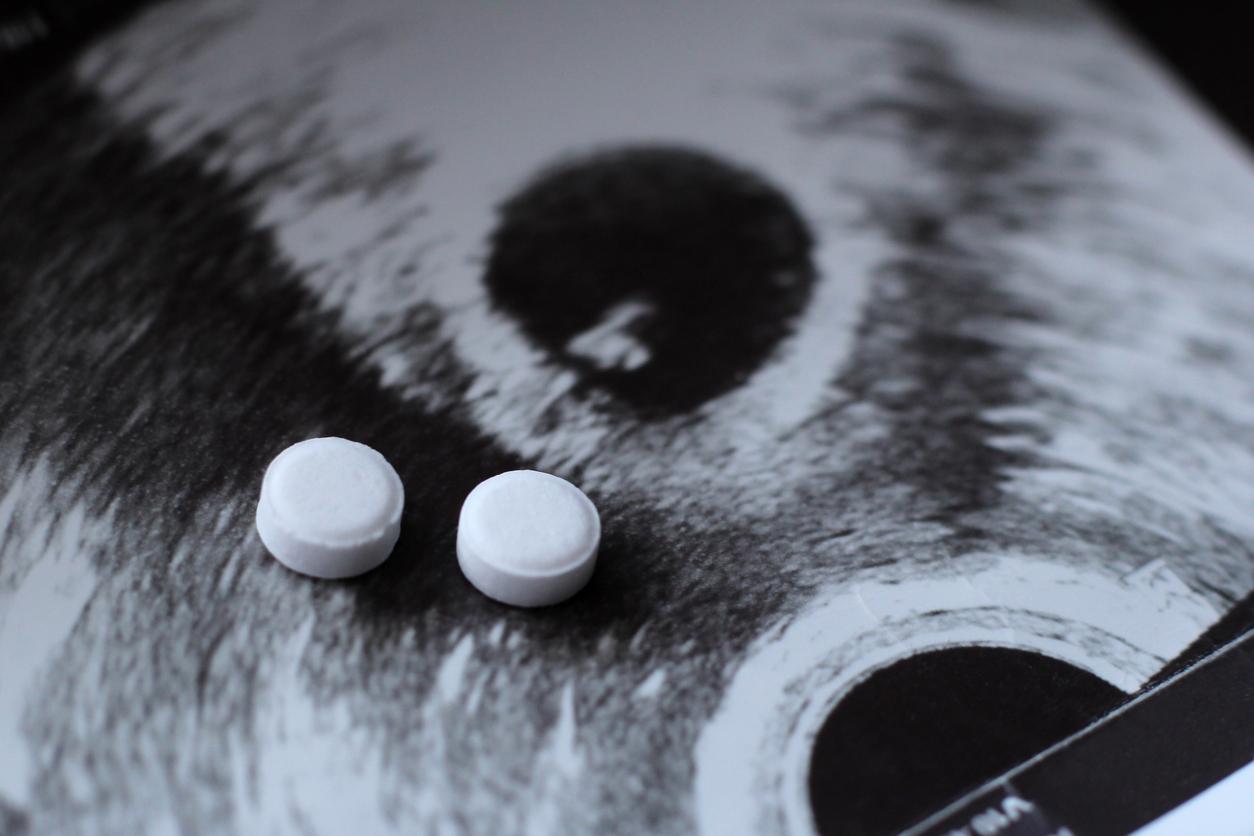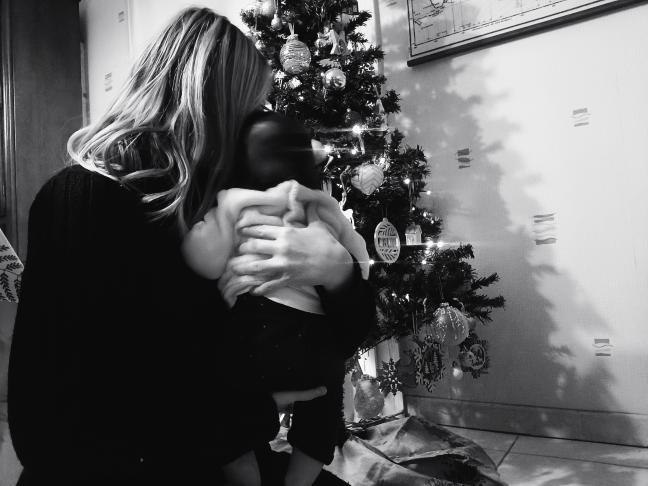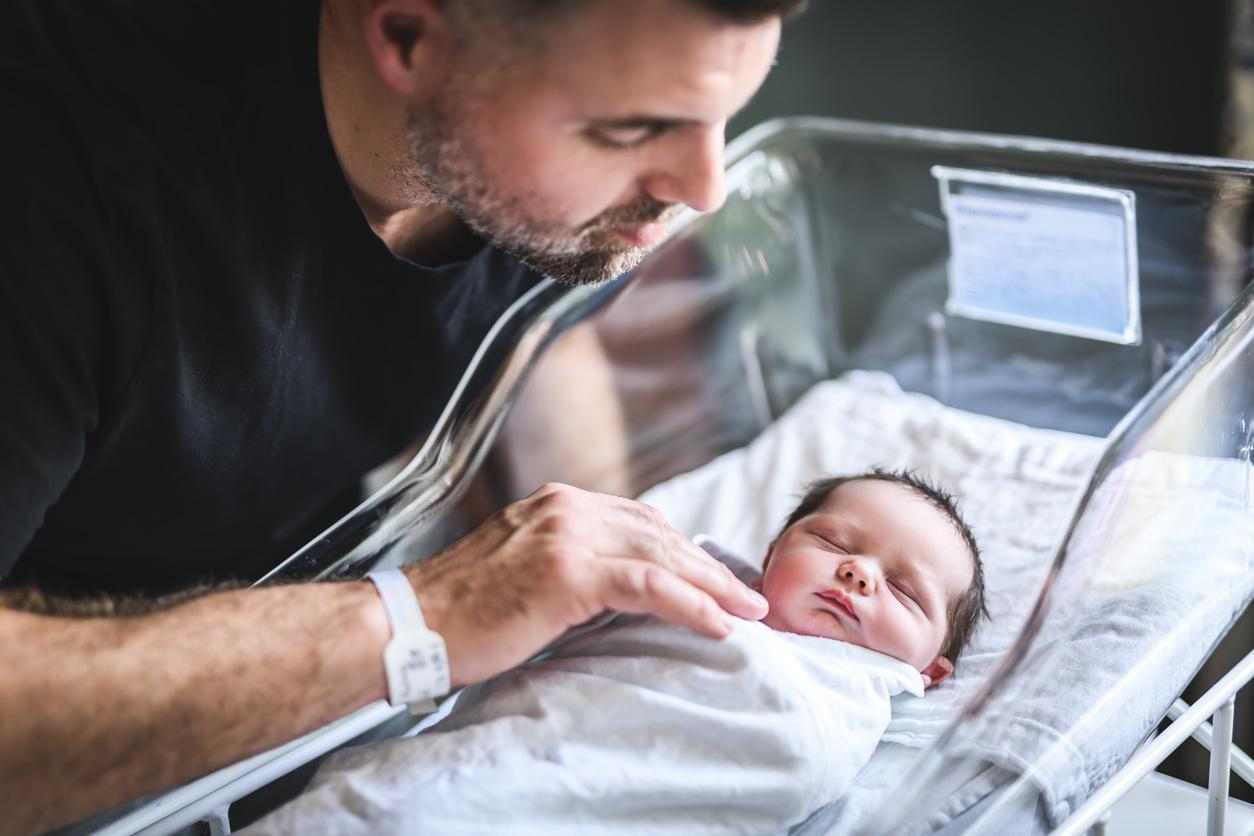Even if the treatments ofmedically assisted procreation exist and that it is no longer rare to have a baby at 40, the experts gathered this week at the British science festival in Newcastle wished to point out that the biological clock of women has not changed much. And that those who want to have a child should consider doing so before the age of 35 if they do not want to know the disappointments of infertility.
According to these experts, with the number of late pregnancies having increased considerably in recent years, women have forgotten that fertility decreases greatly from the age of 30. “95% of women aged 35 who have unprotected sex manage to have a child after three years, compared to only 75% of women aged 38” recalled the British Health Agency (NHS) . A drop in fertility that goes hand in hand with the drop in the number of eggs we have. A recent study conducted at the University of Edinburgh has indeed shown that the “ovarian reserves” that each woman has at birth, are decreasing at a much faster rate than one might think. Thus, at the age of 30, a woman would only have 12% of her eggs … and would only have 3% at the age of 40.
“35 seems to be a turning point because beyond this age women who want to have a child by in vitro fertilization also find it more difficult. The number of miscarriages is indeed more important after 35 years than before ”underlined the experts.
In France, Inserm researchers who are currently working on the fertility of French couples, speak of “a significant health problem”. They found that 24% of couples fail to achieve a pregnancy after one year of attempts and that 11% still do not after two years of attempts.
Subscribe to the Top Santé Newsletter to receive the latest news for free


















